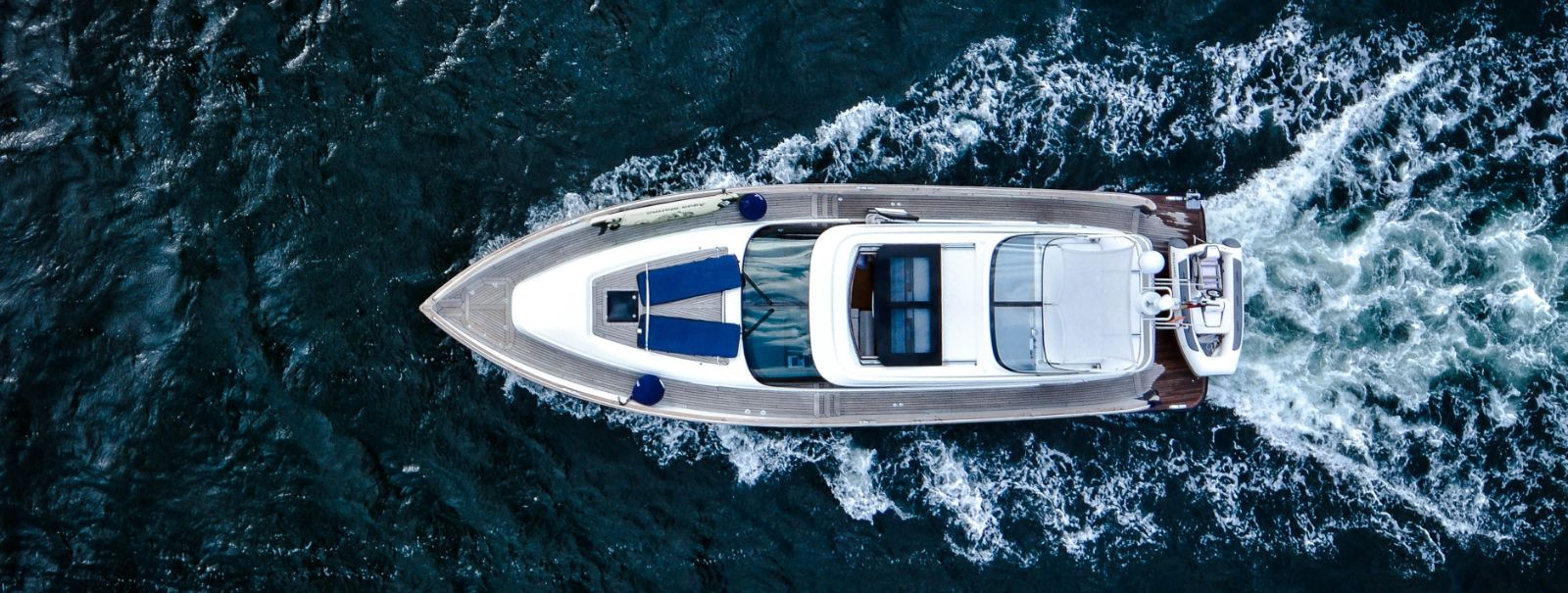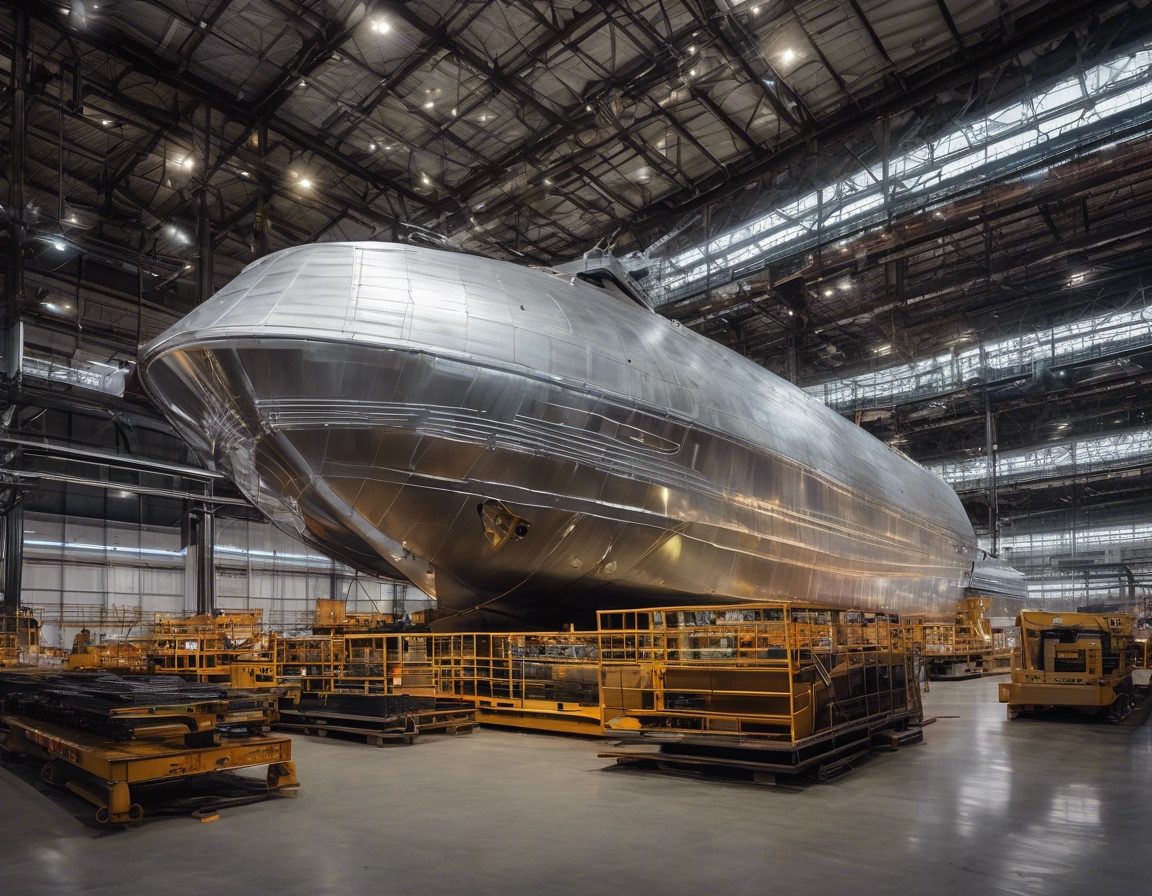The future of eco-friendly shipbuilding
The maritime industry is undergoing a significant transformation as it embraces eco-friendly shipbuilding practices. This shift is driven by the urgent need to reduce the environmental impact of shipping, which is responsible for a substantial portion of global greenhouse gas emissions. Eco-friendly shipbuilding focuses on creating vessels that are not only efficient and cost-effective but also sustainable and compliant with stringent environmental regulations.
2. Current Trends in Eco-Friendly Shipbuilding
One of the most notable trends in eco-friendly shipbuilding is the use of sustainable materials. Shipbuilders are increasingly turning to materials that are recyclable, biodegradable, and have a lower carbon footprint. For instance, composite materials and lightweight alloys are being used to reduce the overall weight of ships, leading to improved fuel efficiency and reduced emissions.
Energy efficiency is at the forefront of eco-friendly ship design. Modern vessels are being designed with streamlined hulls, optimized for minimal resistance and maximum fuel efficiency. Additionally, the integration of energy-saving technologies such as air lubrication systems and waste heat recovery units is becoming more common, further enhancing the energy efficiency of ships.
Advanced propulsion systems are revolutionizing the way ships are powered. The adoption of alternative fuels such as liquefied natural gas (LNG), hydrogen, and biofuels is gaining momentum. These fuels offer a cleaner alternative to traditional marine fuels, significantly reducing emissions. Furthermore, the development of hybrid and fully electric propulsion systems is paving the way for zero-emission vessels.
3. Technological Innovations Driving Change
Digital twin technology is transforming the shipbuilding industry by enabling the creation of virtual replicas of physical ships. This technology allows for real-time monitoring and analysis of a vessel's performance, facilitating predictive maintenance and optimizing operational efficiency. By reducing downtime and improving fuel efficiency, digital twins contribute to the sustainability of maritime operations.
The development of autonomous vessels is another exciting innovation in eco-friendly shipbuilding. These vessels are equipped with advanced sensors and artificial intelligence systems that enable them to operate with minimal human intervention. Autonomous ships have the potential to optimize routes, reduce fuel consumption, and enhance safety, all of which contribute to a more sustainable maritime industry.
Smart shipyards are leveraging digital technologies to streamline the shipbuilding process. By utilizing automation, robotics, and data analytics, shipyards can enhance productivity, reduce waste, and improve the quality of ship construction. This not only leads to more efficient shipbuilding but also minimizes the environmental impact of the construction process.
4. Regulatory and Environmental Considerations
The International Maritime Organization (IMO) has established stringent regulations aimed at reducing the environmental impact of shipping. These regulations include limits on sulfur emissions, ballast water management, and energy efficiency standards. Compliance with these regulations is driving the adoption of eco-friendly shipbuilding practices across the industry.
Environmental impact assessments (EIAs) are becoming an integral part of the shipbuilding process. These assessments evaluate the potential environmental effects of a new vessel, ensuring that it meets sustainability criteria. By identifying and mitigating environmental risks early in the design phase, shipbuilders can create vessels that are both efficient and environmentally responsible.
5. Challenges and Opportunities in Eco-Friendly Shipbuilding
While eco-friendly shipbuilding offers numerous environmental benefits, it also presents economic challenges. The initial investment required for sustainable materials and advanced technologies can be significant. However, the long-term savings in fuel costs and regulatory compliance make eco-friendly shipbuilding a financially viable option for forward-thinking maritime companies.
Collaboration across the maritime industry is essential for the successful implementation of eco-friendly shipbuilding practices. Shipbuilders, operators, and regulatory bodies must work together to develop and adopt sustainable technologies and practices. By sharing knowledge and resources, the industry can accelerate the transition to a more sustainable future.
The future of eco-friendly shipbuilding is promising, with ongoing advancements in technology and increasing regulatory pressure driving the industry towards sustainability. As the demand for greener shipping solutions grows, shipbuilders have the opportunity to lead the way in creating innovative, environmentally responsible vessels that meet the needs of the modern maritime industry.






Comments (0)